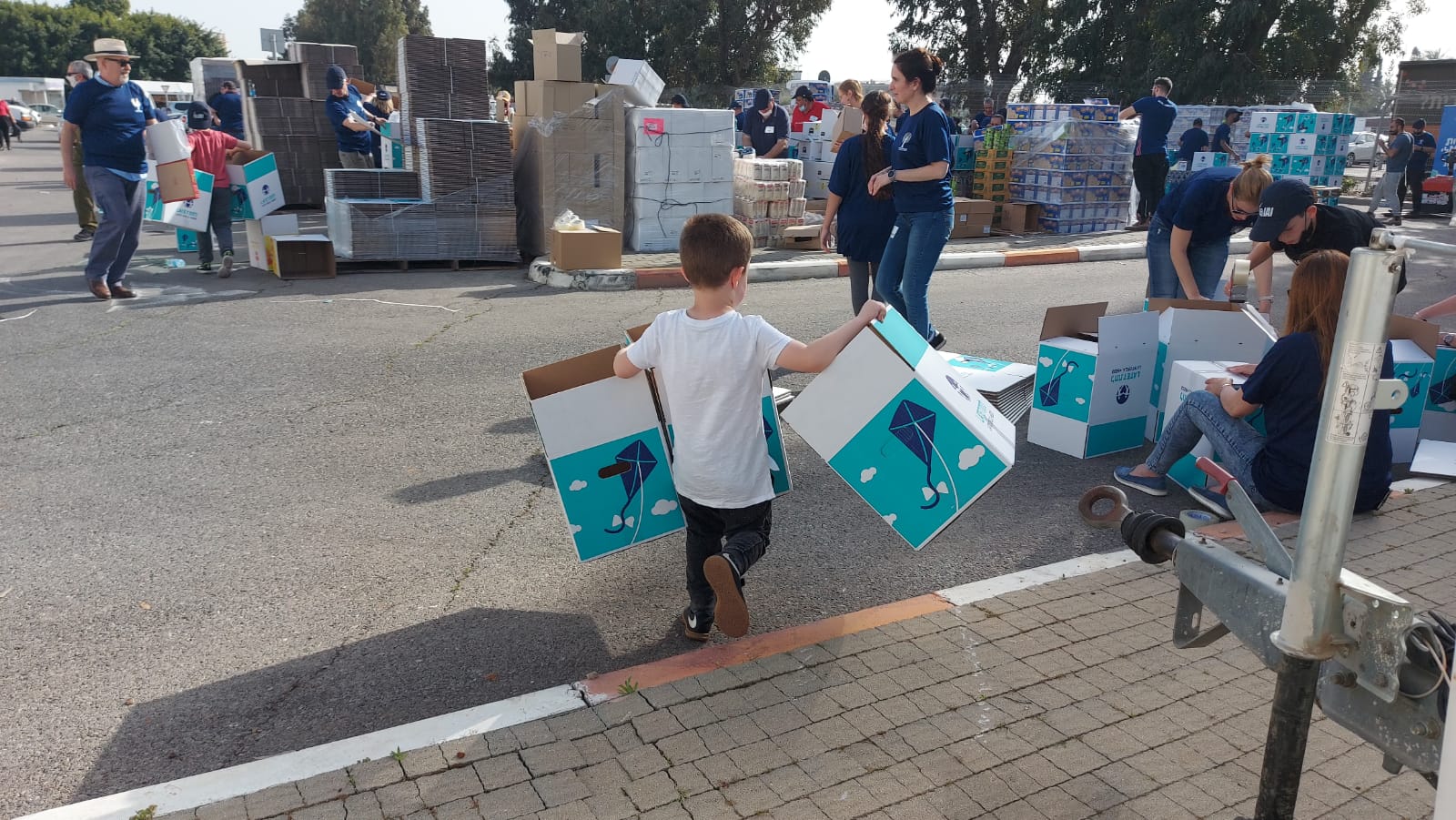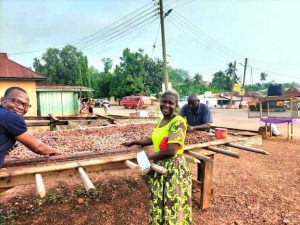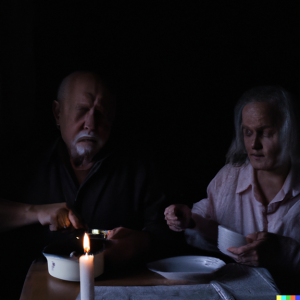No Poverty


Home » NO POVERTY » SDG 1 – Resilient Safety Net
SDG 1 – Resilient Safety Net
The Government’s changing of the guard has undeniably had some unpleasant incidents. But there was at least one beautiful instant demonstrating that Israel’s commitment to advancing SDG1 (no poverty) knows no political divide.
That moment fittingly occurred at the Social Affairs Ministry. Emphasizing (Hebrew) the importance of the Government’s social equality portfolios, the head of the incoming Minister’s party especially stressed the significance of continuing to upgrade assistance to people with disabilities and complemented the outgoing Minister for leading efforts in this context.
Nice to get off on the right foot – but like the party leader said: while ceremonies are nice, ministries are judged by their performance.
Indeed, there is much work to do: according to the recently published National Insurance Institute’s “Poverty and Inequality Report” covering 2021, Israel’s poverty rate increased for the first time in years. The report attributes this development to the significant reduction in support provided to families and businesses once the pandemic waned; about 1.95 million people are estimated to now live below the poverty line, accounting for 17.6% of the population.


These findings very much reflect data already released in December by the nonprofit “Latet” (which focuses on poverty and food insecurity). Digging deeper, a study (Hebrew) published in the January edition of the magazine “Liberal” (associated with “Haaretz”) empirically supported the obvious: the lower the socio-economic status of a particularly town, the more likely its children will be exposed to situations that threaten life, health and opportunities to better themselves.
At the moment, it’s not clear whether the incoming Government will be able to commit the resources necessary to successfully tackle the country’s ongoing social equality challenges. On the one hand, the Bank of Israel has warned it to avoid “expenses whose designated purpose is not to support growth”; on the other hand, the Finance Ministry reportedly will enjoy a budget surplus for the first time in 35 years.
Perhaps some of that windfall will be channeled to the nonprofits doing much of the heavy lifting on the ground. They appear to need it: according to a recent study by a private Israeli organization, nonprofits saw a 5% decrease in income during 2022 (the forecast for this year is not optimistic).
Perhaps some of that windfall will be channeled to the nonprofits doing much of the heavy lifting on the ground. They appear to need it: according to a recent study by a private Israeli organization, nonprofits saw a 5% decrease in income during 2022 (the forecast for this year is not optimistic).
A robust civil society is absolutely necessary to reinforce the safety net. Among its various facets, volunteerism has always been particularly strong in the country; according to the Israel Volunteerism Council’s new annual report (Hebrew), more than 42% of Israelis volunteer in some way – placing the country among the world’s leaders in this context – 80% percent of them in nonprofits or public bodies, 42.6% of those in social services.
Upon receiving the report, the President emphasized (Hebrew) the affinity between the country’s resilience and the ability of those in society to work for one another. We hope to see Israelis of all communities and sectors – Government, civil society and the private sector – working for one another in 2023.
Related articles


SDG 1- Paamonim – Preventing Poverty in Israel
No Poverty Israel has a rapidly growing economy but according to the World Bank struggles with higher poverty levels compared to other developed countries. Israel’s government in


SDG 1 – Using Blockchain to Help African Farmers
No Poverty According to the UN, more than 1 billion people have been lifted out of extreme poverty since 1990. But at the global level


SDG 1 – The Right to Electricity.
No Poverty Winter is coming and in Europe, as in other places around the globe there is a growing energy concern. In Israel, Civil Rights


















